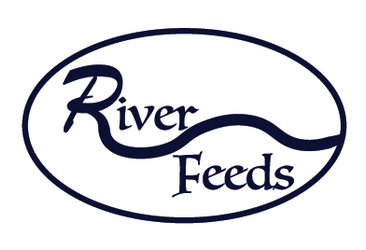Local and Surrounding Areas. See Details.
Local and Surrounding Areas. See Details.

Your flock's feed will play a big role in their early growth, long-term health and the quality of eggs they produce. Map out a complete feeding program in advance. You will need one complete starter-grower feed for baby and growing chicks and one complete layer feed for when your birds turn 18 weeks old.
For both stages, look for a complete feed that is research-proven and made to match your flock goals. The complete feed should make up at least 90% of your bird's diet, so it should include all the nutrients they need at the correct levels with no need to add any supplements.
Medicated vs. Non-medicated: Complete starter feeds come in two different formulas: medicated (with amprolium, this is not an antibiotic) or non-medicated. Feed a medicated starter feed to chicks not vaccinated for coccidiosis and a non-medicated starter feed to chicks who were vaccinated for the disease. If you are unsure that the chicks were vaccinated, then choose the medicated starter feed. Do not switch between medicated and non-medicated starter feeds, continue with the same feed until you transition to a layer feed.
Ducks, Geese and mixed flocks: For ducks, geese and other non-laying poultry, feed Flock Raiser Crumbles or Duck Pellets from day 1 through adulthood. When the ducks and geese begin to lay eggs you can continue to feed Flock Raiser or Duck Pellets but provide supplemental oyster shell so hens get the calcium they need. Another option is Game Bird Layena. Be sure to offer the males in the flock Flock Raiser or Duck Pellets if you are feeding a layer feed. When hens stop laying eggs for the season, return them to Flock Raiser or Duck Pellets.
